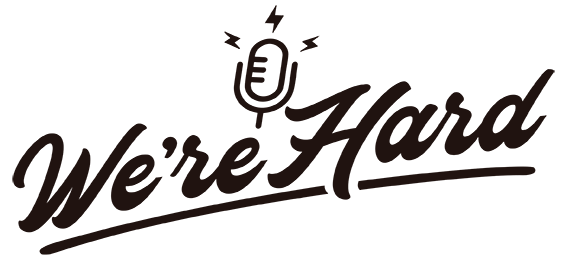Protein is a crucial component of any fitness plan, acting as a building block for muscles, tissues, and cells. Whether you’re aiming to build muscle, lose weight, or boost your athletic performance, protein can help you achieve your fitness goals. Keep reading for some background on why this is the case.
Muscle Repair and Growth
When you exercise, especially during strength training, your muscles experience tiny tears. This might sound bad, but it’s actually how muscles get stronger. Consuming enough protein helps repair these tears, leading to muscle growth and increased strength. Think of it as giving your muscles the materials they need to rebuild and come back stronger.
Foods like chicken, fish, beans, and nuts are great sources of protein that can support this process.
Enhanced Metabolism
Protein can give your metabolism a significant boost. When you eat, your body burns calories to digest and process the nutrients, known as the thermic effect of food (TEF). Protein has a higher TEF compared to carbs and fats, meaning your body uses more energy to process it.
This can help with weight management by increasing your metabolic rate and promoting fat loss while preserving lean muscle mass. Including protein in your meals can keep your metabolism active and efficient throughout the day.
Weight Management
Protein is also great for keeping you full and satisfied. High-protein meals and snacks can help reduce hunger and prevent overeating by stabilizing blood sugar levels. This is especially beneficial if you’re trying to lose weight or maintain a healthy weight. Foods like Greek yogurt, lean meats, tofu, and legumes can keep you feeling full longer, making it easier to stick to a healthy eating plan and avoid unhealthy snacking.
If you are wondering why you aren’t seeing the results you want from your workout – try adding protein to your diet.

Hi! My name is Kimmy B, I am the co-host of the We’reHard podcast. I have a passion for fitness, nutrition and a healthy lifestyle. I’ve always loved working out and staying active but recently found my groove in the fitness industry.
